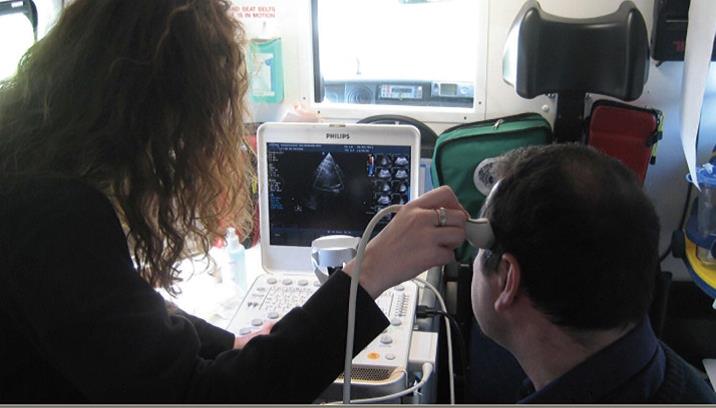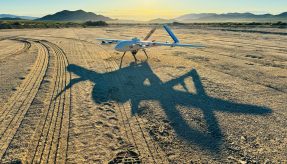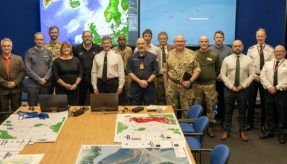
Soldiers’ lives could be saved or improved by new technology which enables medics to scan for bleeding in the brain using ultrasound.
Software being developed by the University of Aberdeen and funded by the Defence Science and Technology Laboratory (Dstl)’s Centre for Defence Enterprise, part of the Ministry of Defence, creates a 3D model of the brain on location which can then be sent to an expert for swift diagnosis.
The technology is still at an early stage of development but has already been trialled on real hospital patients to test its viability. The software could also be helpful in civilian life, helping paramedics record head ultrasound to diagnose brain haemorrhage as a result of stroke or other causes. This could be particularly useful for patients living in remote locations, with a long distance to travel to hospital.
Dstl’s Capability Advisor for Medical Sciences, Neal Smith, said: “UK Armed Forces operate in many remote locations and where personnel are injured we need to ensure that all conditions can be rapidly and correctly diagnosed to provide the best possible treatment and care.
“Devices which are lightweight, easy to deploy and easy to use, such as the portable ultrasound scanning support system being developed by the University of Aberdeen, have the potential to enhance our capabilities on operations and enhance patient care.”
If you would like to read more articles like this then please click here
CDE Dstl Medical Medical & Rehabilitation University of Aberdeen








